“We can go back to 2006 again.” Germany recalls the glory days of hosting Euro 2024, hoping the country can relive the World Cup fairytale 18 years ago in the summer, after failures on the field and economic and political challenges.
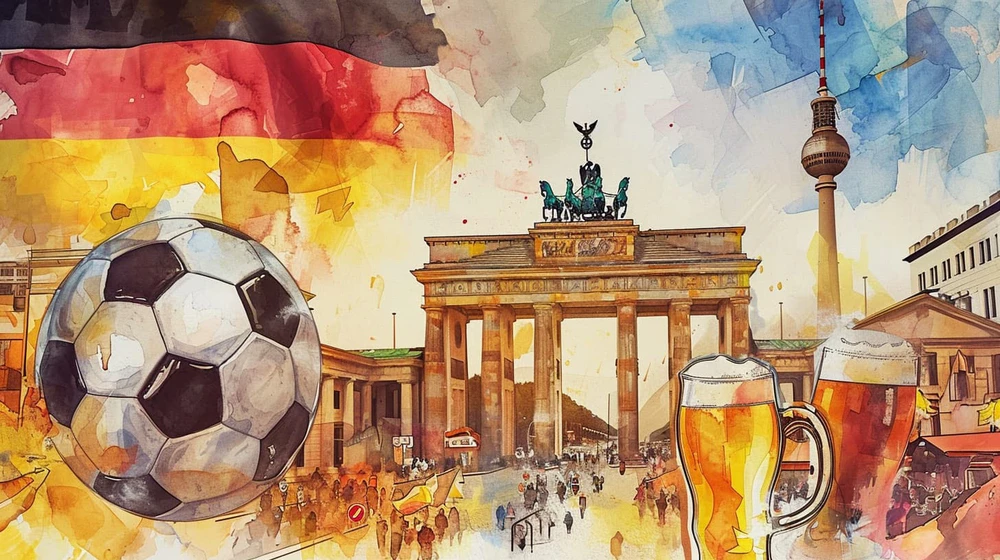
Sometimes a goal can lift not just a crowd inside a stadium, but an entire nation. Eighteen years ago, Germany left-back Philipp Lahm scored the opening goal in the 2006 World Cup opener against Costa Rica. Lahm’s wonder strike kicked off a tournament that has gone down in German folklore as a “summer fairytale”.
For four weeks in June and July 2006, football dominated life in Germany. An estimated 18 million people gathered in front of giant video screens to watch the World Cup matches. Since the end of World War II, Germans had been burdened by the past and were reluctant to show national pride. The summer fairytale changed that.
Suddenly, the German colours, black, red and gold, seemed to be everywhere. “Here you can see a united and happy German people,” said the then UN Secretary General, Kofi Annan. “This is how the good Lord imagined the world , even though we are still 100,000 years away from it in reality,” said the head of the organising committee, “Emperor” Franz Beckenbauer.
The term summer fairy tale “Ein Sommermärchen” is even defined by the Duden Dictionary, considered the most authoritative in German, as: A wonderful, great event that takes place in the summer.
Hard to have "economic fireworks"
But as Europe’s biggest economy prepares to host another major soccer tournament, the booming enthusiasm of 2006 is unlikely to return. “The experience of the 2006 World Cup shows that major sporting events are not economic fireworks,” said Michael Groemling, head of the German Economic Institute IW Koeln. Many consumers, he said, may see Euro 2024 as an opportunity to buy a new TV or drink an extra beer while watching the games. “But they will save money,” Groemling said. “Consumer spending is not necessarily increasing, it is changing.”

A survey conducted in April by the Augsburg Generation Research Institute found that one in five German citizens were unaware that Germany was about to host a major sporting event. In the same survey, 88% only talked about past football tournaments.
Last year, Germany was the only industrial nation to fail to grow after falling into recession in the first three months of the year. In March, a group of leading German economists revised their growth forecast from 1.2% to a near-stagnant 0.1% for the year. High energy prices and rising production costs have fueled concerns about an industrial slowdown. In a Eurobarometer survey this spring, just 14% of Germans believed the economy would improve in the next 12 months, lower than most other EU countries.
Euro 2024 could bring a small economic boost to the 10 host cities. However, according to IW research, this will not result in a change in GDP. With 2.7 million tickets already sold, the host cities of Berlin, Munich, Cologne, Dortmund, Duesseldorf, Frankfurt, Gelsenkirchen, Hamburg, Leipzig and Stuttgart can expect a large influx of domestic and international visitors.
“People are more active in travelling, for example to attend big events and concerts with international stars,” said Norbert Kunz, CEO of the German Tourism Association (DTV). “It is possible that 2024 will be a new record year for tourism in Germany – also thanks to the many enthusiastic football fans who want to experience the event live.”
“Previous major football events have seen more beer being drunk during the tournament than in the usual summer weeks,” said Holger Eichele of the German Brewers Association. During the 2006 World Cup, which Germany also hosted, beer sales rose by around 5% before and during the tournament. A spokesman for the consumer goods association said retail sales could increase if the hosts performed well on the pitch: “Only if the German national team gets through the first stage of the tournament will consumer sentiment benefit.”
That would be particularly welcome given that 2023 was a tough year for the beer industry, with domestic sales falling 4.5% to 8.4 billion litres and continuing a long-term downward trend, according to government data.
But football has a much bigger impact.
However, the psychological effect should not be underestimated. “A major sporting event can lift the mood and improve the image of the host country,” said the expert in a report by the German Economic Institute IW Koeln, referring to its appeal at a time when foreign direct investment in the country is declining.
The heyday of Angela Merkel’s female era coincided with a period of dominance for the German national football team under coach Jochim Loew. While Loew led Germany to their fourth World Cup title in 2014, the German economy found its stride in the first half of Merkel’s tenure. Despite a sharp decline in GDP in 2008 and 2009, Germany experienced only a slight increase in unemployment during the global recession.
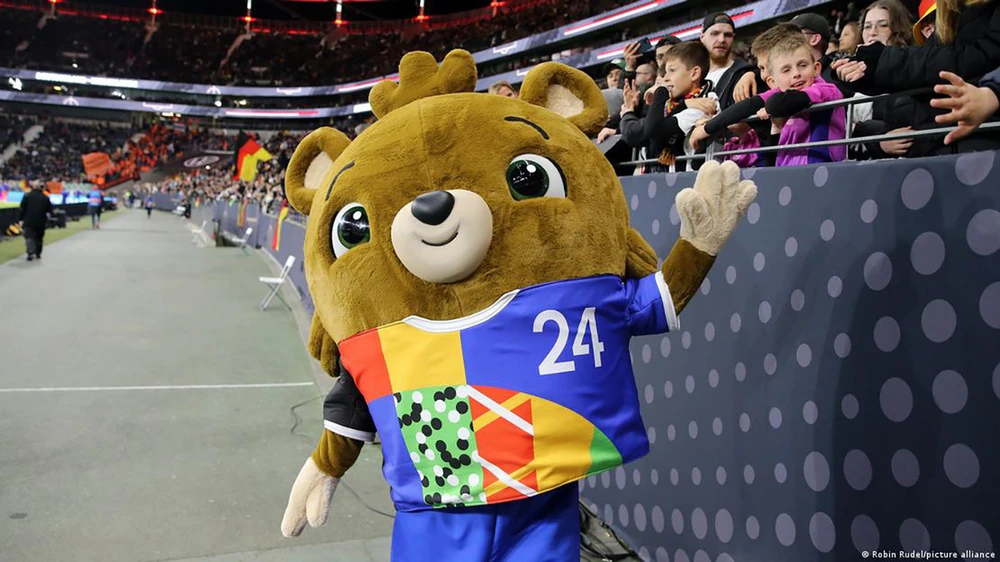
Then, when the chancellor and coach left their roles in 2021, things started to get tough. “There are some similarities with football,” said one German opposition politician. “The 2006 World Cup was considered such a success that the German Football Association did not dare to innovate. German football failed to produce modern strikers comparable to Kylian Mbappé or Erling Haaland. It felt like German politics and German football had become stale at the same time. That was around 2018.”
But it was precisely because of this coincidence that Germans were waiting for a “fairytale summer” once again. The mood in Germany was similarly gloomy before the 2006 tournament. Economic stagnation, high unemployment and a fierce debate over labor market reform in the early 1990s had left the country branded “the sick man of Europe.” Meanwhile, the German national team had performed poorly in 1998, failing at Euro 2000 and 2004. “The whole world is laughing at our losers,” Bild wrote at the time.
Now, there is hope that the Euros can be a summer to remember. After a shaky start under Nagelsmann, who is only 36, the national team has shown promise. Julian Nagelsmann, like Klinsmann in 2006, is ready to break all the rules.
“In 2006, the power of football made the skeptics really open their arms and throw a big party,” says sociologist Thomas Druyen. “Now German society is deeply disappointed. This is a historic opportunity to overcome the emotional impasse.”
YEN PHUONG
Source: https://www.sggp.org.vn/nuoc-duc-cho-doi-co-tich-mua-he-tu-euro-2024-post744516.html



![[Photo] Top players gather at the 2025 Nhan Dan Newspaper National Table Tennis Championship](https://vphoto.vietnam.vn/thumb/1200x675/vietnam/resource/IMAGE/2025/5/23/9ad5f6f4faf146b08335e5c446edb107)




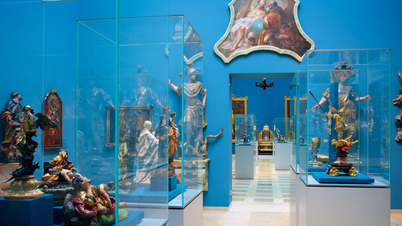

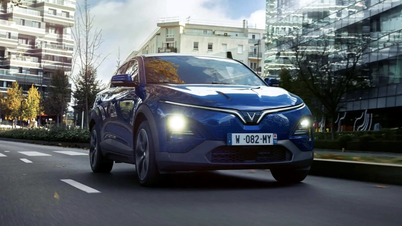



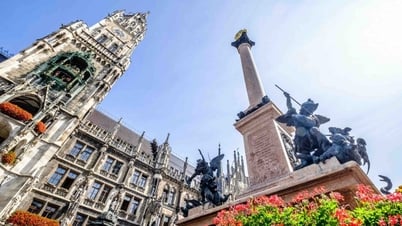
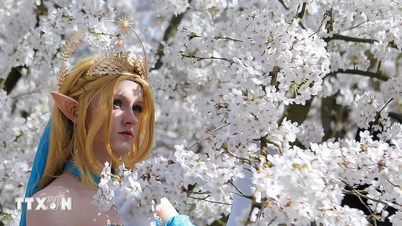

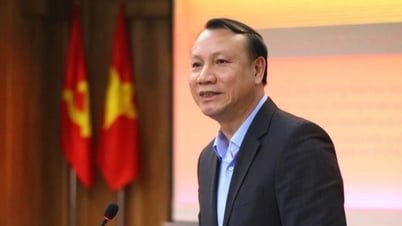

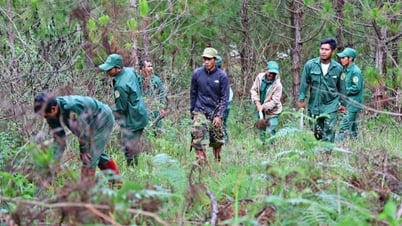
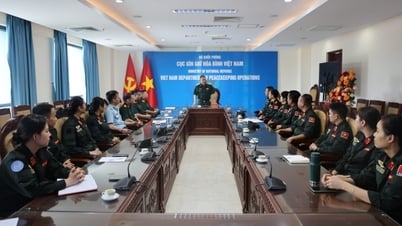
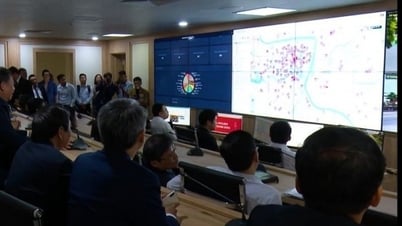

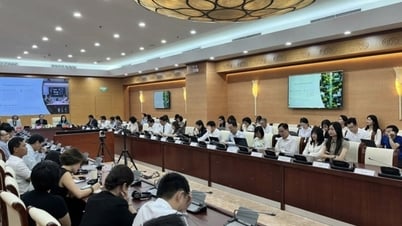




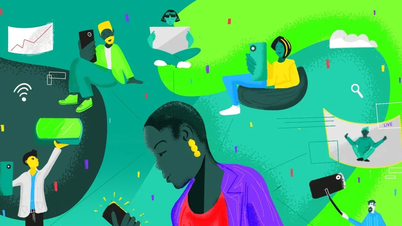
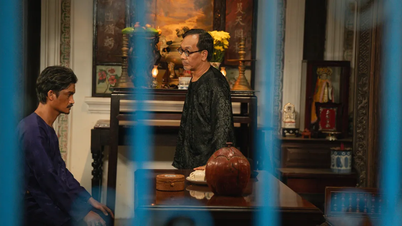
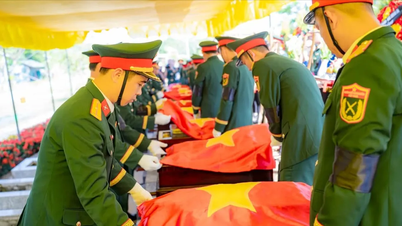













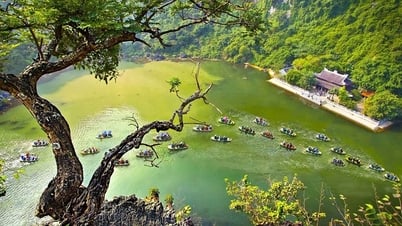































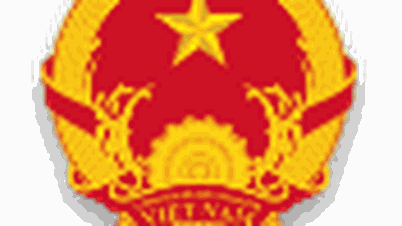

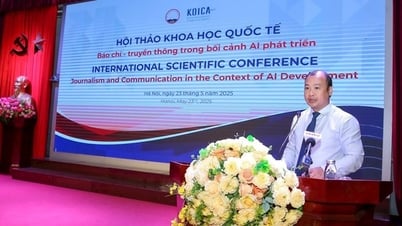

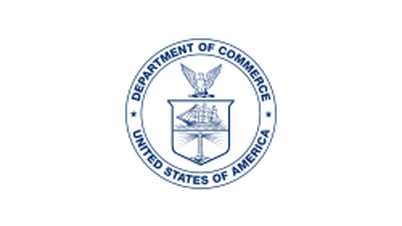

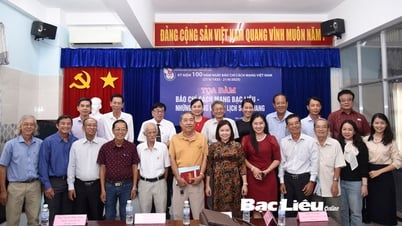
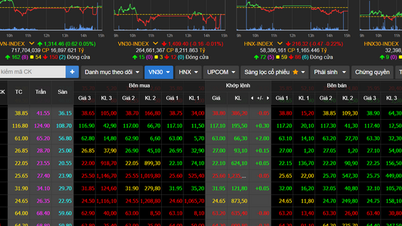





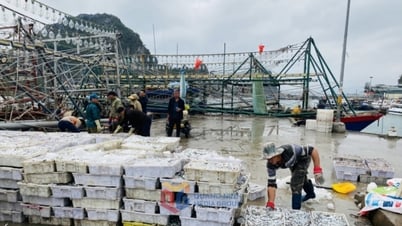













Comment (0)